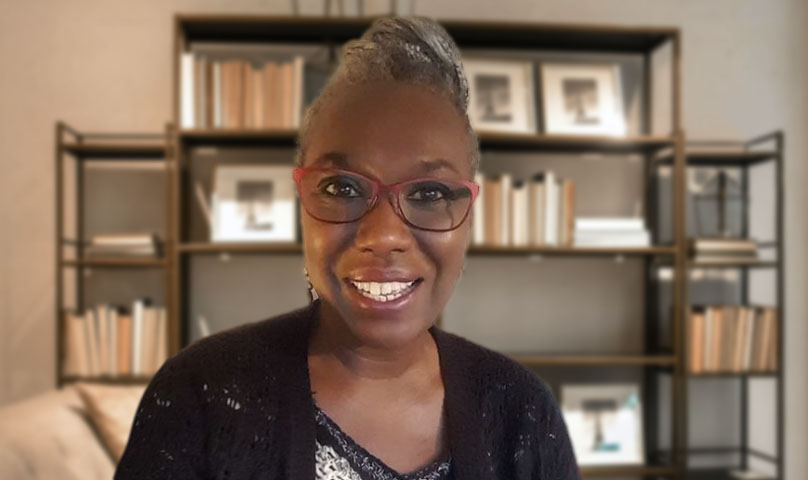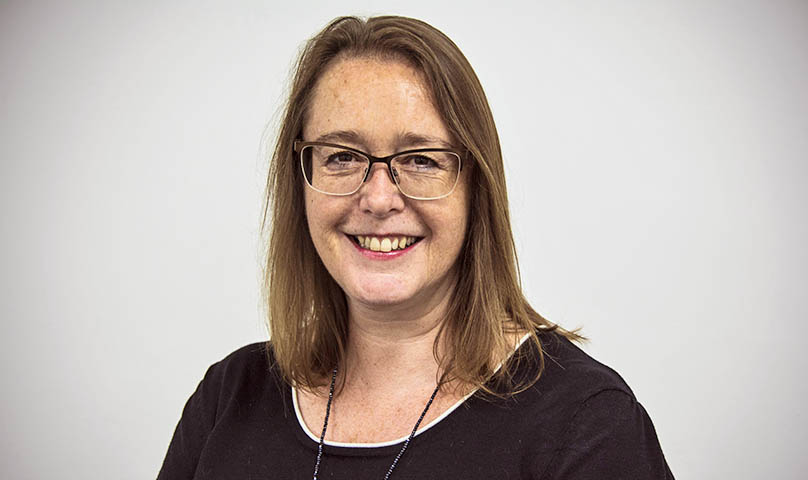- Psychotherapy Training
Published in Student Stories on September 30th 2020

Paula Clarke-Little trained and works as a Visiting Clinician at Tavistock Relationships. She has trained as a couple therapist here too.
She also works in private practice in central London and welcomes potential clients from underrepresented populations such as the BAME, LGBT and cross-cultural/mixed-heritage communities.
What has been the greatest challenge/surprise developing your private practice?
My greatest challenges have been finding room time that suits my schedule, and committing financially to the spaces. My greatest surprise was receiving enquiries. When I started, I remember feeling so scared that no-one would choose me. We all have our insecurities about this, and mine was that I was black, and black people, apparently, didn't do therapy, and white clients might prefer white therapists. I am happy my private practice experience has now debunked this myth, but initially I procrastinated due to my unconscious beliefs and internal racism. Luckily, a friend noted my fear and, with excellent guidance, encouraged me to take the plunge by referring my first client to me. I first committed to three hours - the rest is history.
I am a strong advocate for diversity training in all psychotherapeutic training institutions, not just as a solo add-on, but included in the fabric of the course.
What is one important new area for research and training?
I am a strong advocate for diversity training in all psychotherapeutic training institutions, not just as a solo add-on, but included in the fabric of the course. For example, I would like to see more diverse couplings used to exemplify chosen topics taught in the continuous syllabus. This kind of inclusion would shed more light on the psychodynamics of 'othering' and 'unconscious bias,’ allowing all involved in
psychotherapeutic training to discuss these matters consciously and robustly.
Tell us about the statement of inclusion in your private practice profile:
I want to appeal to those who look, but feel marginalised, and turn away. While training, I worked with minimal clients of colour or LGBT orientation. However, when starting my private practice, a fair proportion of my clientele came from these communities, which shocked me. Now, I know I am myself of colour - so why the shock! I was surprised as I was led, or led myself, to believe these communities were less likely to present for therapy, or were challenging in some way. In media,would read about the urban myth that ‘black people don't do therapy.’ But my private practice experience was different. Under-represented communities were seeking me out, and contrary to my own beliefs, they were staying!
I have realised that psychodynamic therapy is not for everyone; some clients do require more valuable holding, through advice, homework, or a diagnosis.
But this is not determined by colour, heritage or sexual orientation. I believe psychodynamic therapy is a practical and useful treatment model for those clients seeking internal answers who are curious enough to bear emotional pain and look deeper, gaining insight and meaning along the way. Happily, in my experience this applies to all who dare commit to the journey - hence my welcome.
What do you do for your own self-care?
I am not good at this, and often have several plates on the spin, even though I know self-care is essential to surviving in private practice. But to relax my mind, I sing, or at least I try to - to my neighbours' pleasure or dismay!
What's in a joke? Tell us one:
I am incredibly bad at jokes. My jokes are themselves a joke in my household. I think that explains a lot.
What's a favourite quote, word of advice, comfort, for you?
My favourite poem is‘If ’ by Rudyard Kipling (c.1895). It was written so long ago, but still resonates today – I love it! If we could achieve the heights and hopes this poem espouses, what a wonderful world this would be.
Read more …Training as a Therapist - a success story from cross cultural therapist








